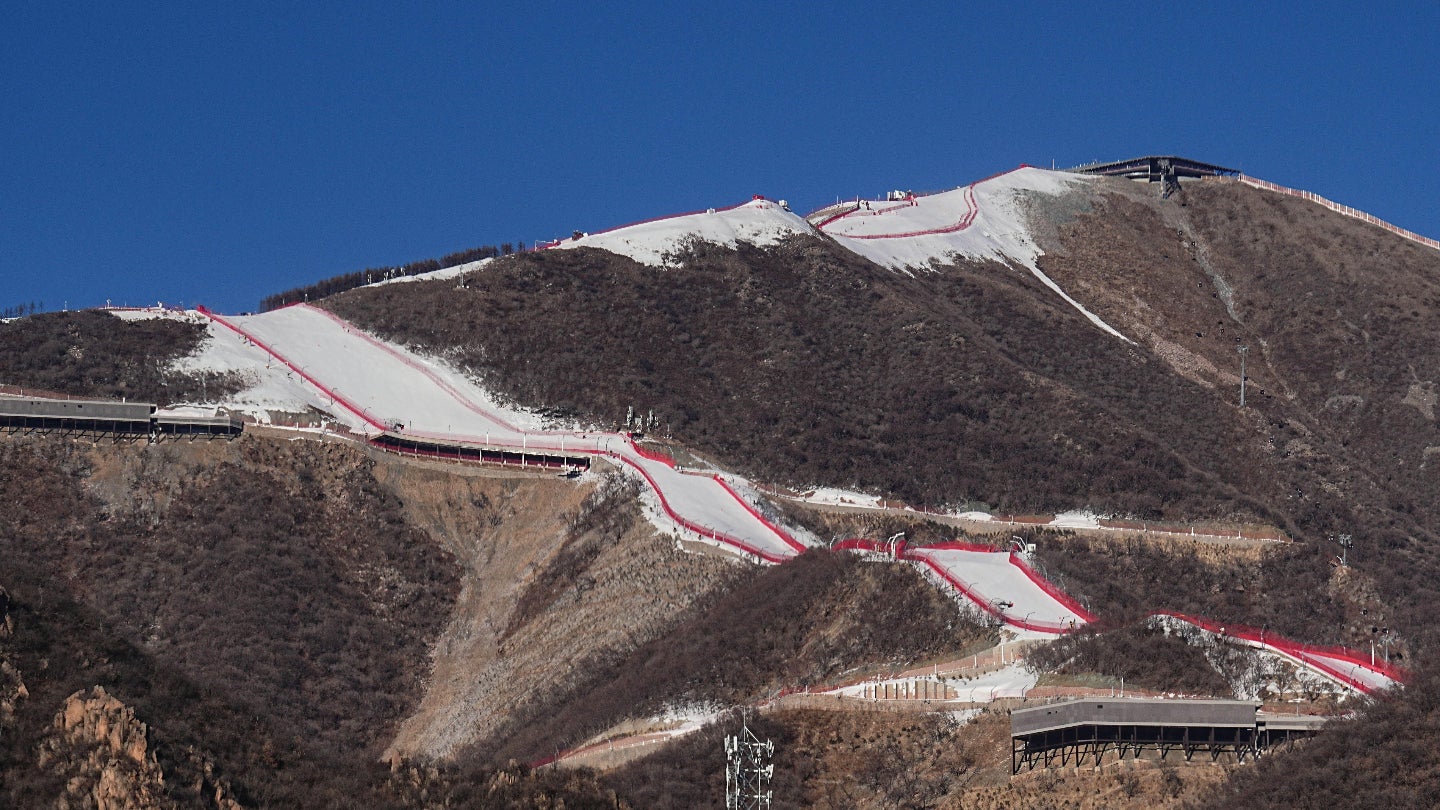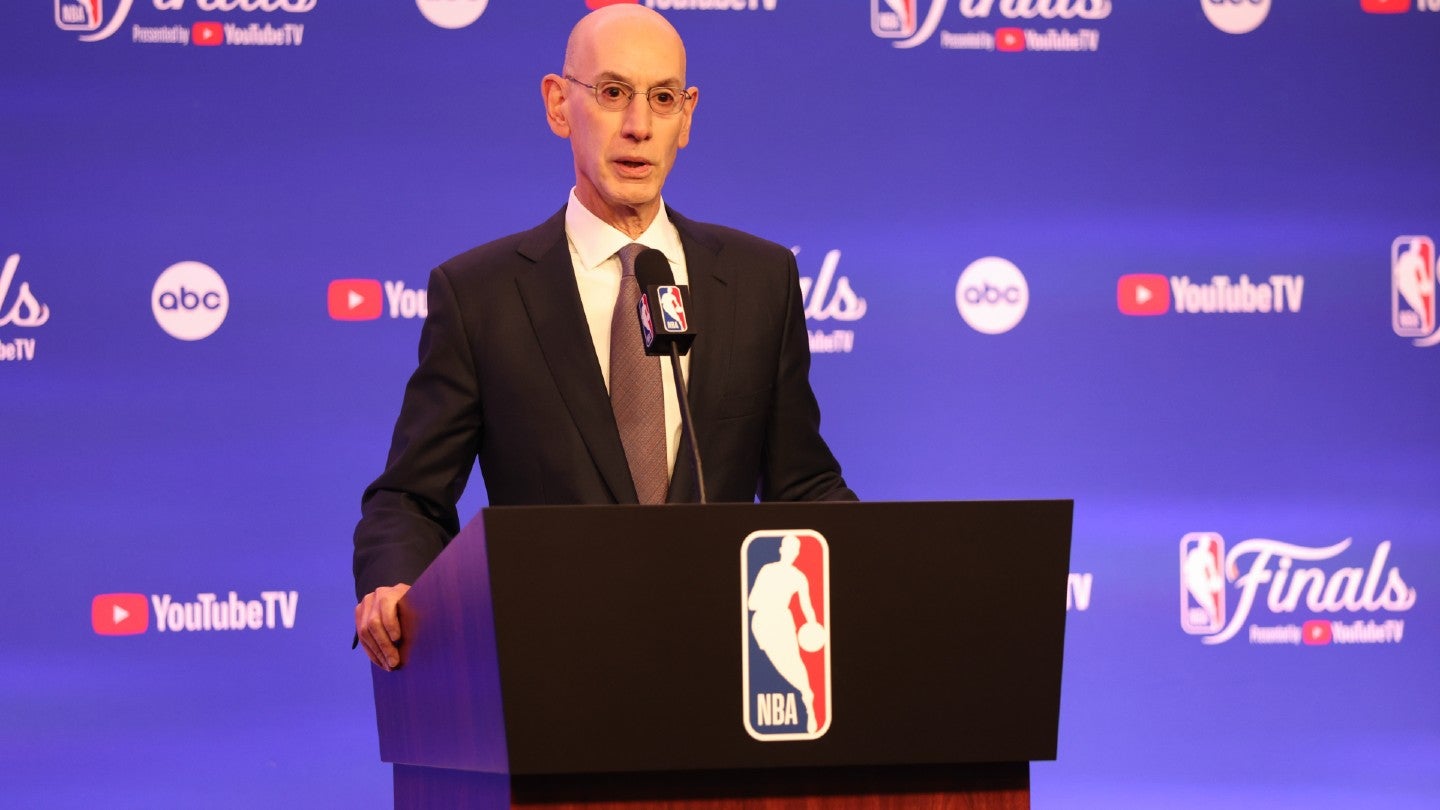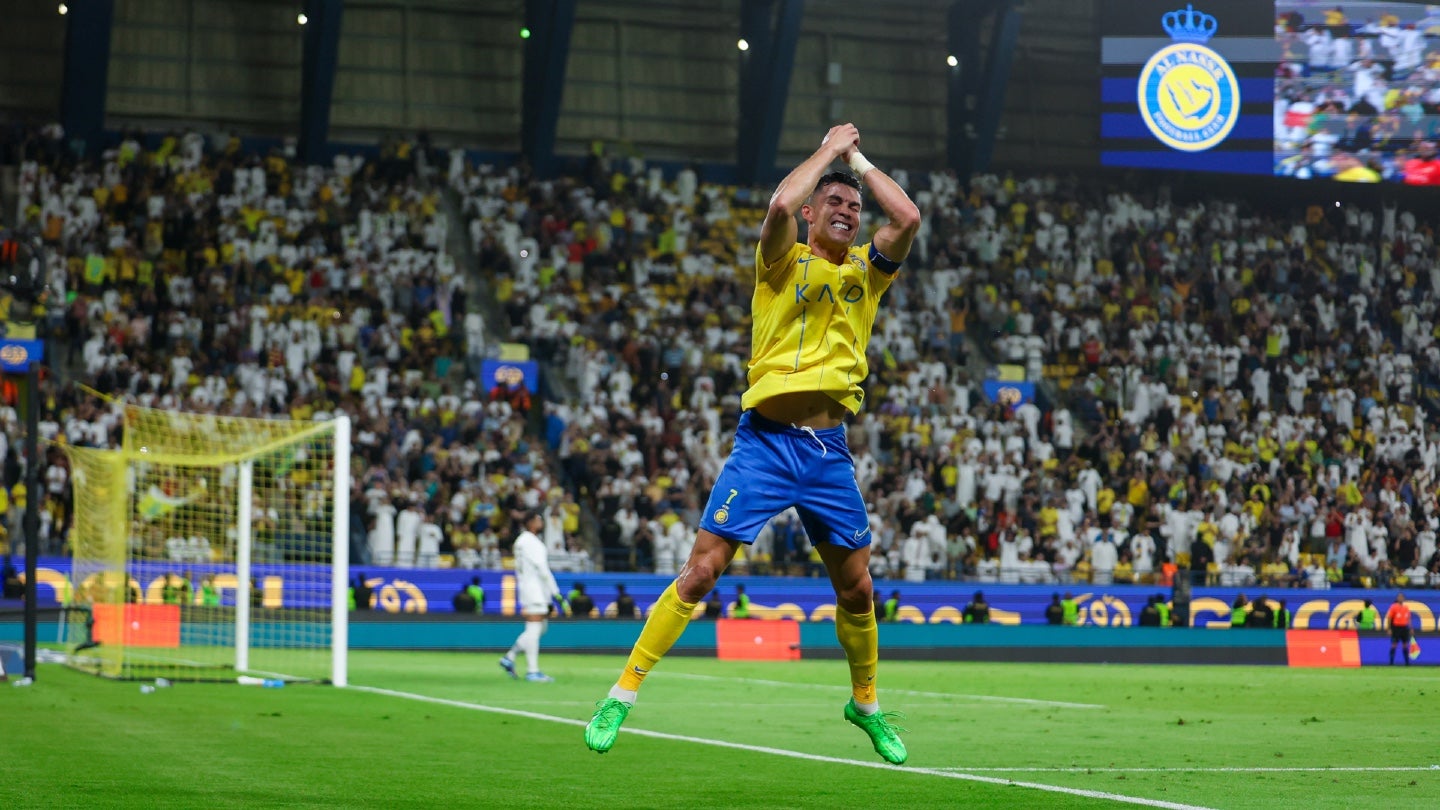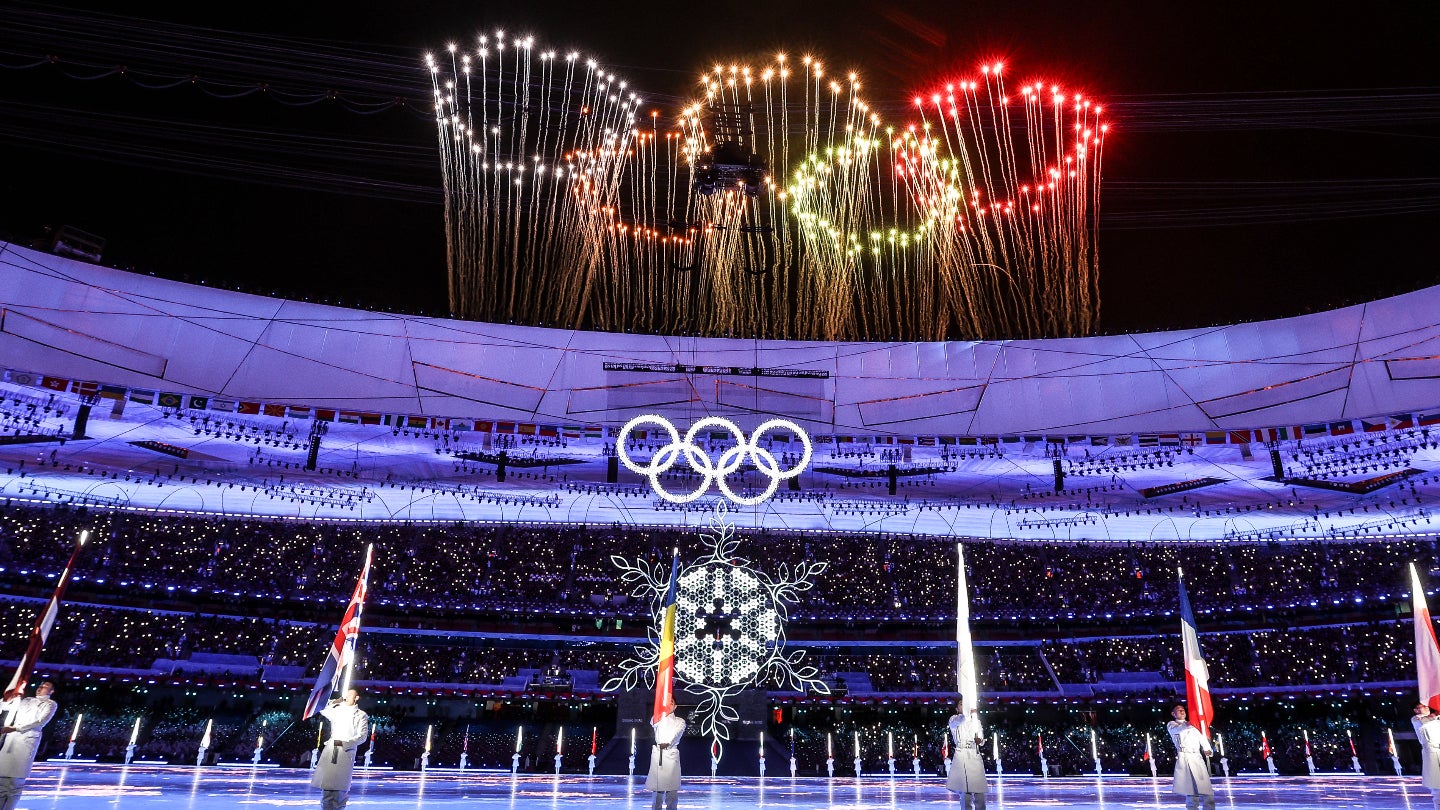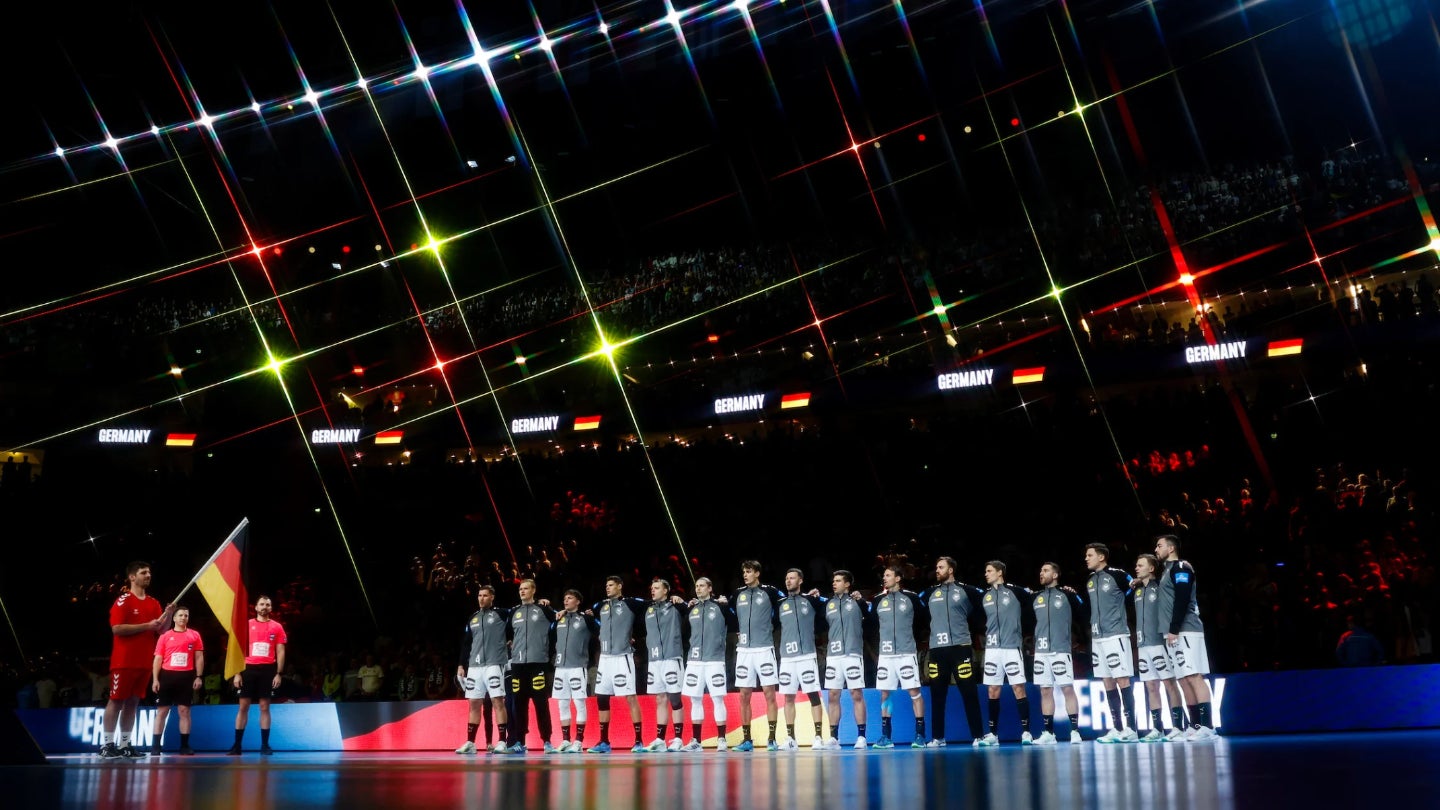A collaborative article by Siân Jenkins, Hoijin Kim, and Harry Killoran at The Sports Consultancy, a strategic, commercial, and legal advisory for sport and entertainment.
Today’s announcement – that the French Alps and Salt Lake City have been provisionally selected to host the 2030 and 2034 Winter Olympics and Paralympics (conditional to both meeting certain requirements) - is no surprise, but it does feel refreshing.
The Winter Games are (subject to final conditions being met) back to being hosted where they should; surrounded by real snow (hopefully) and in a cold climate.
The decision serves as a powerful reminder of the ongoing threat of climate change and the ever-needing requirement for rights holders to think on their feet and adapt.
The headlines of the 2022 Winter Olympics staged in Beijing should have been dominated by the sporting success – perhaps French biathlete Quentin Fillon Maillet winning five medals and becoming the first biathlete to do so at the same Olympics – but instead the images coming out of the Games focused on the stark contrast of artificial snow surrounded by the brown hills of the mountains.
It was the first Winter Olympics and Paralympics to use 100% artificial snow, deploying more than 100 snow generators and 300 snow-making guns, which worked constantly to cover the ski slopes needed to stage the Games.
While Beijing 2022 wasn't the first Winter Olympics to rely heavily on artificial snow – Sochi 2014 used 80% and Pyeongchang 2018 used 90% – those images represented the acceleration of a concerning trend of Olympic production having significant environmental costs.
The snow-making process is highly resource-intensive; Beijing 2022 alone consumed an estimated 49 million gallons of water. Beyond water usage, artificial snow production requires substantial energy and can have detrimental effects on the local ecosystem, including soil damage, delayed plant growth, and increased erosion risk.
The power and impact of the Olympics and Paralympics is extraordinary, but should it ever be at that cost?
Today’s news is the climax of a lengthy process that was paused by the International Olympic Committee's Executive Board in December 2022 when they stated that more time was required to study the impact of climate change on the Winter Games. The results were startling: according to the IOC’s study, by 2040 only ten countries across the globe will be able to host the Winter Olympic and Paralympic Games – meaning that only ten countries would be able to meet the IOC’s criteria of having at least 80% of existing venues for snow sports and a “climate-reliable” outlook to host events in future decades.
Additional studies don’t shine a more positive light; by 2050 there could only be four climate-reliable locations for Winter Olympics and by 2080 there is a risk there could only be one suitable climate-reliable host (Sapparo, Japan).
The threat of climate change to every aspect of winter sports looms large.
Adapting to hosting threats
The IOC has therefore had to think differently. With the threat of a reduced pool of hosts, it was time for them to get creative. Of course, the danger of a smaller number of potential hosts isn’t a problem confined to the IOC – many rights holders we work with are facing similar issues as they battle against changing government priorities, escalating costs, and the crisis of geopolitics – but the fight against climate change adds a further complication.
The appeal of the Winter Games is also not helped by the significant difference in benefits delivered by Summer versus Winter hosts (LA 2028 is forecast to deliver $18.3 billion in economic impact compared to $3.2 billion of impact for Milan-Cortina 2026). One of the most frequent challenges we currently work with our clients on is how we can help them adapt to an ever-changing global sports landscape and sustain interest in hosting.
There are multiple solutions to consider – from moving from singular hosts to a modular concept, or a complete rationalization of hosting requirements. However, the most notable shift by the IOC and the International Paralympic Committee has been the creation of a decentralized hosting model; first implemented with the announcement of Milan and Cortina d’Ampezzo as the 2026 Winter Olympic and Paralympic Games host.
The multi-city (and country) model isn’t new for mega events – take a look at soccer's UEFA Euro 2020, in which matches were staged across multiple European cities, and the upcoming 2026 FIFA World Cup which will be held across Canada, Mexico and the USA – but a single city host has long been synonymous with the Olympics and Paralympics.
The statement made by the IOC that “the Games adapt to the city/region – the city/region does not adapt to the Games” represented a shift in hosting. When one of the biggest rights holders in the world needs to make significant changes, you know the traditional host city – rights holder relationship is transforming.
Today’s dual award announcement – the first in Winter Olympic history, undoubtedly inspired by the Paris 2024 and Los Angeles 2028 double allocation of the Summer edition – is another example of how the IOC have flexed and adapted their bidding approach to ensure the future of the Games. The pivot from a traditional bid process to creating a more open dialogue with potential bidders (through the implementation of a Dialogue Phase) has opened the doors to a wider pool of hosts, ensuring a sustained interest in hosting. A proactive approach from a rights holder ensures that host interest does not diminish and instead can flourish – an increased interest in both the Summer and Winter Games is a testament to this.
The future
The threat of climate change isn’t going away. The IOC will need to continue to adapt, but not just to climate change. Rightsholders are continually pivoting their hosting model in response to hosting realities – costs are escalating, events are becoming too big for many to host and challenger sports disciplines mean the hosting landscape is more crowded than ever before.
There is much to learn from the announcement today; the event hosting landscape was irreversibly changed during the pandemic and the rights holders that can sustain – and even grow their interest base are the rights holders that have challenged the status quo and started to think differently about every aspect of their event – from host engagement, to event format, and delivery model construction.
The Sports Consultancy is a commercial, strategic, and legal advisory for sports and live entertainment. Combining business experience with real-market international sports industry expertise, The Sports Consultancy has an acute understanding of the evolving commercial needs of the industry. Clients include some of the world's best-known rights owners, athletes, stadia and facilities, brands, and investors.


